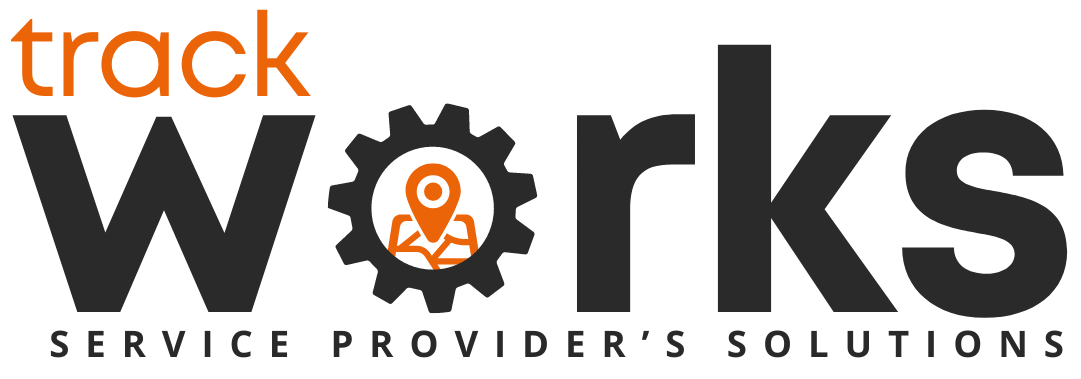Smart Scheduling: How Intelligent Dispatching Transforms Field Service Efficiency
Field service organizations thrive on precision — getting the right technician to the right job at the right time. Yet, as demand scales and operations become more complex, traditional scheduling and manual dispatching quickly fall short. Between last-minute cancellations, emergency calls, and shifting team availability, even the most experienced managers struggle to maintain control without the right tools.
That’s where smart scheduling comes in. Intelligent dispatching systems use data, automation, and real-time visibility to optimize workflows — reducing wasted travel time, preventing double bookings, and improving both technician and customer satisfaction. As 2026 approaches, field service businesses that embrace these solutions will set themselves apart through faster response times, higher first-time fix rates, and smarter resource utilization.
1. The Cost of Inefficient Scheduling
Every inefficiency in scheduling creates a ripple effect across the organization. A single delayed appointment can throw off multiple jobs, frustrate customers, and overwork technicians.
Common scheduling pain points include:
- Overlapping or missed appointments
- Long travel times due to poor route planning
- Uneven workload distribution
- Limited visibility into technician availability or skill sets
- Lack of real-time updates when conditions change
These small inefficiencies add up. A study by Aberdeen found that companies with optimized scheduling complete 26% more jobs per technician each day. Conversely, those relying on spreadsheets or manual coordination lose valuable hours in administrative work and reactive rescheduling.
In short, inefficient scheduling doesn’t just slow operations — it limits growth.
2. What “Smart Scheduling” Really Means
Smart scheduling goes beyond automated calendars or basic time slots. It’s an intelligent, data-driven approach that considers technician skill sets, location, equipment availability, job type, and even predicted traffic conditions to determine the best possible schedule.
Modern Field Service Management (FSM) platforms like Track Works make this process seamless by integrating all these variables into one centralized dashboard. Dispatchers gain real-time insight into where every technician is, which jobs are pending, and how schedules can be adjusted dynamically throughout the day.
With Track Works Smart Scheduling, businesses can:
- Automatically assign jobs based on technician skill, proximity, and availability
- Use live location tracking to reroute technicians in real time
- Prevent scheduling conflicts or duplicate assignments
- Access analytics to continuously improve planning accuracy
The result? Faster response times, fewer delays, and more predictable operations.
3. Intelligent Dispatching in Action
Let’s imagine a typical service day without automation:
A technician finishes a job earlier than expected but has to call dispatch for their next assignment. The dispatcher, unaware of which technician is closest to the next job, manually checks routes and availability — losing valuable time.
Now contrast that with intelligent dispatching through Track Works.
- The system detects the completed job in real time.
- It automatically assigns the next best-fit job based on skill, distance, and urgency.
- The technician receives an instant update through the mobile app with all necessary details.
This seamless automation eliminates the back-and-forth communication that often causes delays. By leveraging real-time location data and predictive algorithms, dispatchers can make data-backed decisions instantly, increasing operational output without overloading staff.
Companies that adopt this level of smart scheduling often see:
- 20–40% reduction in travel time
- Faster response rates
- Higher technician utilization
- Improved first-time fix rates
4. Improving Technician and Customer Experience
Efficient scheduling doesn’t only benefit dispatchers — it enhances the experience for technicians and customers alike.
For technicians:
- Clear, organized schedules reduce stress and confusion.
- Real-time updates mean fewer calls to confirm assignments.
- Balanced workloads prevent burnout and improve retention.
For customers:
- More accurate ETAs and proactive communication.
- Shorter wait times for service.
- A smoother, more reliable service experience.
Track Works supports this dual benefit by keeping everyone connected. Technicians access assignments, job details, and route guidance from their mobile app — even offline. Customers receive updates automatically when technicians are en route or when appointments change. This level of transparency builds trust and loyalty that manual scheduling simply can’t achieve.
5. The Data Advantage: Insights That Drive Better Decisions
Smart scheduling creates a constant stream of actionable data — and that data becomes one of your organization’s most valuable assets.
Through Track Works’ integrated analytics, managers can identify:
- Which regions or technicians handle the most service requests
- How long specific job types take on average
- Peak service demand times throughout the year
- Which routes or assignments frequently cause delays
These insights help leaders make informed staffing, training, and investment decisions. For example, if a certain region consistently experiences high response times, that data can justify adding another technician or adjusting route boundaries.
Over time, this creates a data-driven scheduling cycle that continuously refines itself, improving performance month after month.
6. Steps to Implement Smart Scheduling in 2026
Transitioning from traditional to intelligent scheduling doesn’t have to be disruptive. Here’s a clear roadmap to start strong in 2025:
- Audit Your Current Scheduling Process
- Identify bottlenecks, delays, and manual tasks that cause inefficiencies.
- Review how information flows between dispatchers, field teams, and customers.
- Integrate a Centralized Platform
- Adopt a system like Track Works that connects scheduling, job tracking, and communication in one place.
- Ensure your team can access it from both desktop and mobile.
- Automate Where It Matters Most
- Use automation for repetitive scheduling tasks like recurring maintenance or region-based dispatching.
- Keep manual oversight for high-priority or sensitive service calls.
- Train and Empower Your Team
- Provide short onboarding sessions for dispatchers and technicians.
- Highlight the benefits — less confusion, faster assignments, and clearer communication.
- Monitor and Optimize Continuously
- Review scheduling analytics monthly to spot trends or recurring issues.
- Adjust parameters as your team grows or service patterns shift.
By following these steps, field service organizations can move from reactive management to proactive, predictive operations that run smoother and scale effortlessly.
Conclusion
Smart scheduling is more than a time-saver — it’s a strategic foundation for field service excellence. Intelligent dispatching transforms how teams operate, helping businesses complete more jobs per day, increase customer satisfaction, and improve technician engagement.
As we move into 2026, adopting data-driven scheduling tools isn’t just an upgrade — it’s a competitive advantage. With Track Works, your organization gains the visibility, automation, and real-time insights needed to master every dispatch and deliver exceptional service, every time.
Optimize your scheduling. Empower your team. Elevate your service.
That’s the power of working smarter with Track Works.




No responses yet